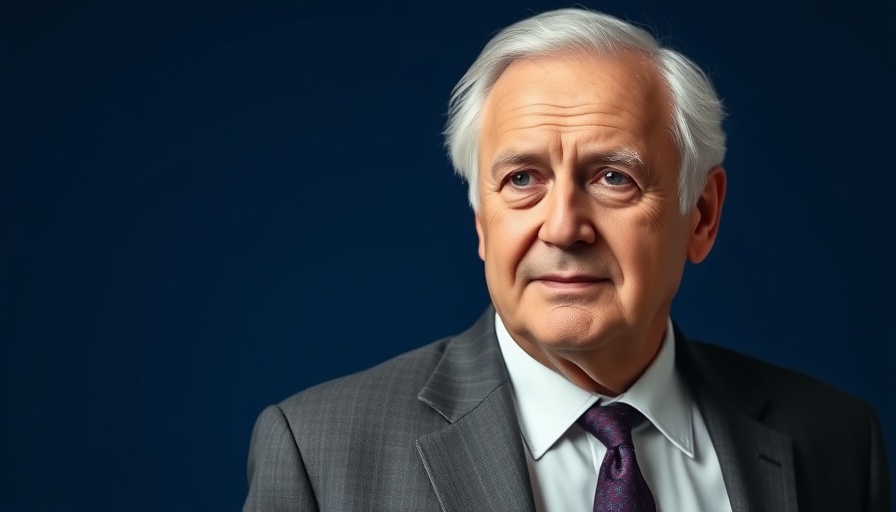
Revisiting Global Trust in Times of Tariffs
In recent times, a pivotal moment has emerged within the intricate web of global trade—a moment defined by tariffs and a growing sense of uncertainty. As industries grapple with disruptions and economic forecasts suggest potential recessions, leaders across business, government, and society are called to unite towards a more collaborative future. The ongoing dialogue surrounding tariffs challenges the enduring principles of trust and cooperation that have underpinned the global economy for decades.
Understanding Tariffs and Their Impact
Tariffs, essentially taxes imposed on imported goods, aim to protect domestic industries by making foreign products more expensive. While they can provide short-term relief for local businesses, the long-term effects often extend beyond economics to erode trust between trading partners. With the latest round of tariff announcements from the US, a significant psychological barrier has been breached, prompting both concern and introspection among global leaders regarding the efficacy of our current trade dynamics.
Historical Context of Global Trade Relations
The aspiration for a robust global trading system has been a work in progress for decades, yet it has remained largely unrealized. Initiatives aimed at deepening economic integration have faltered, primarily due to fundamental disagreements about the fairness of the existing framework. The past decade of attempts at trade negotiations has underscored divergent priorities among nations—between promoting national interests and fostering global collaboration. The rates of inflation, consumer confidence, and GDP growth serve as critical indicators of how current policies impact everyday lives and businesses.
Shaping the Future of Economic Stability
So, how do we reframe the conversation to foster a sustainable future? A pivotal aspect is ensuring a balance where the United States produces more of what it consumes while China increases consumption of its own goods. Europe must regain its competitive edge, and emerging markets should connect effectively with advanced economies. This balance isn’t just a matter of economic strategy; it’s about rebuilding trust among nations. Through collaboration, we can cultivate an investment environment that promotes collective growth, economic resilience, and fostering partnerships that withstand the pressures of change.
Actions Towards Economic Transformation
For leaders, the next steps are paramount. Steering away from a path of escalating tariffs requires a concerted effort to engage in strategic dialogue—recognizing that every decision influences the trust fabric that holds global economies together. By prioritizing transparent communication and aligning interests, leaders can pave the way for a more cohesive global economic strategy.
The Role of Professionals in Economic Revitalization
For mid-to-senior professionals in sectors like healthcare, finance, sustainability, and technology, there is an opportunity to advocate for and drive transformations that respect both local needs and global economic conditions. By leveraging actionable insights and data-driven analyses, these professionals can influence business strategies that align with sustainable practices, ultimately fostering environments built on trust throughout the economy.
Making Informed Business Decisions
As the global landscape evolves, the decisions businesses make today will define their trajectories in the future. Embracing innovation, adapting to emerging technologies, and understanding shifting market dynamics will empower organizations to not just survive but thrive in the face of adversity. Collaboration and trust aren’t merely ideals; they are the bedrock of a future where economies flourish through adversity.
In conclusion, assessing the implications of tariffs in a global economy underscores a critical juncture where trust must be rebuilt if we are to progress. Now is the time for leader commitment across industries to transcend barriers and unite towards a thriving mutual future.
 Add Row
Add Row  Add
Add 




 Add Row
Add Row  Add
Add 

Write A Comment